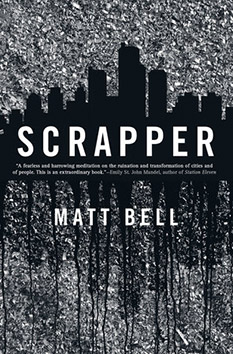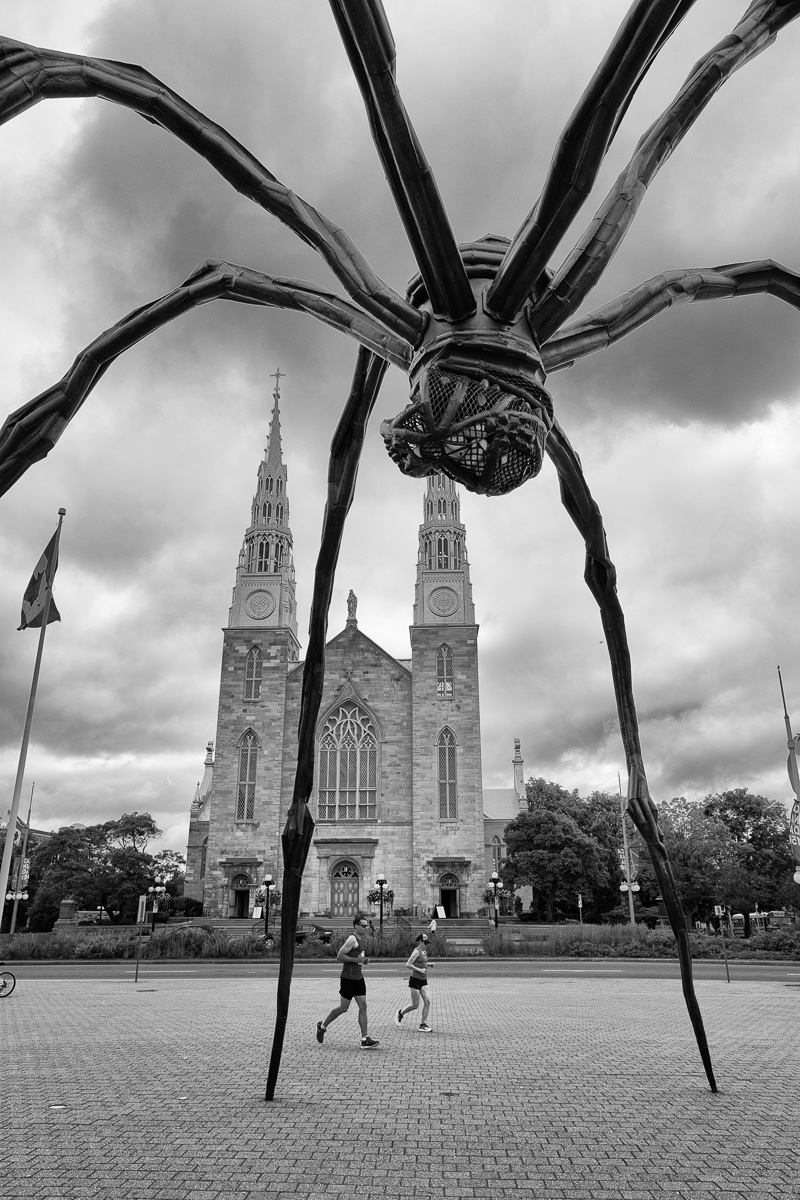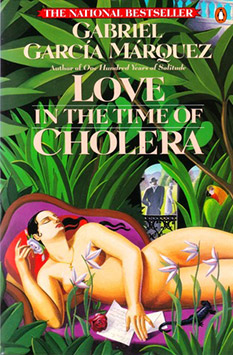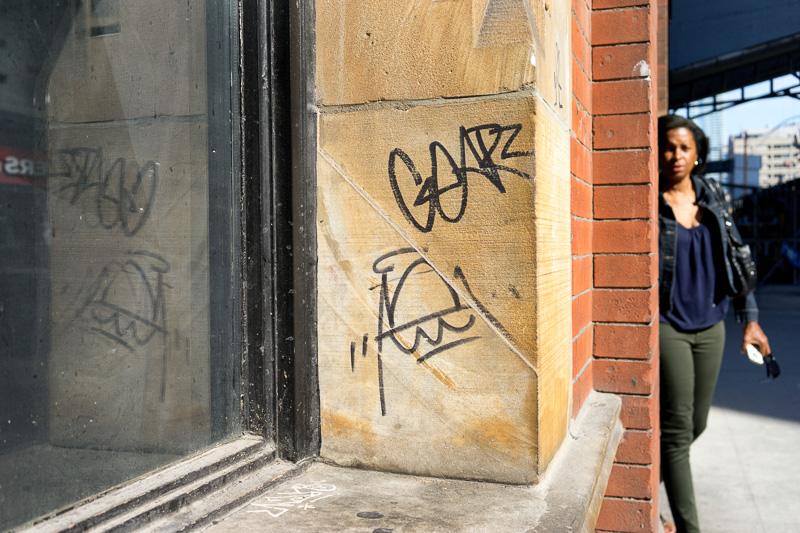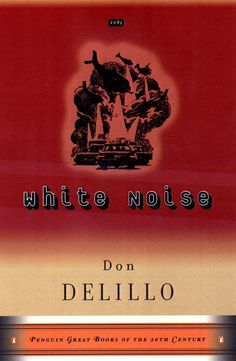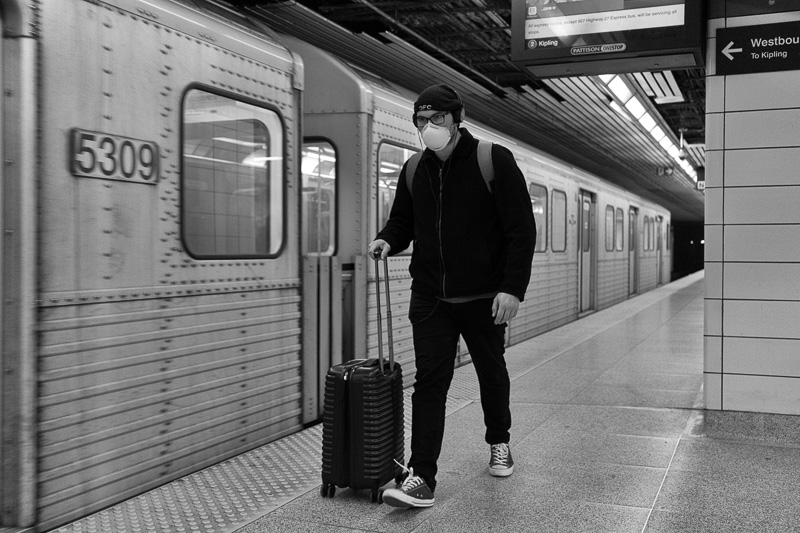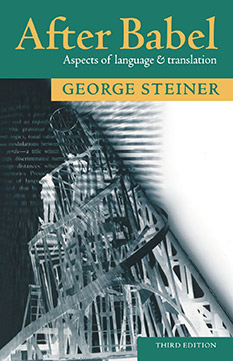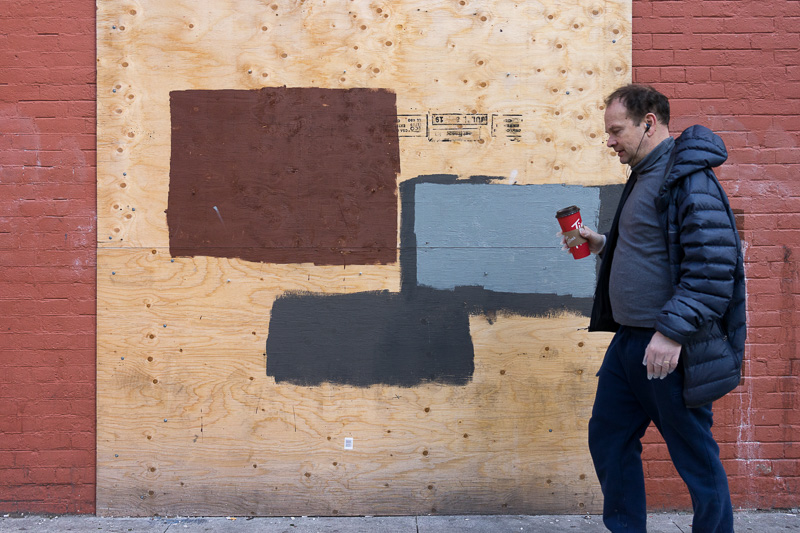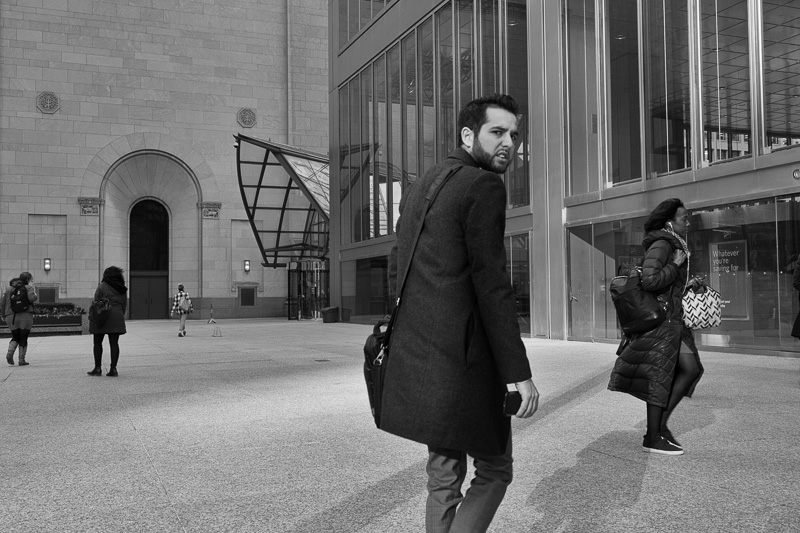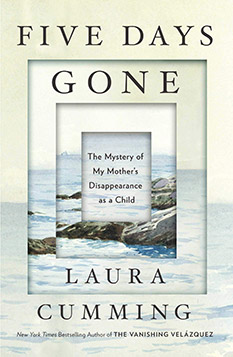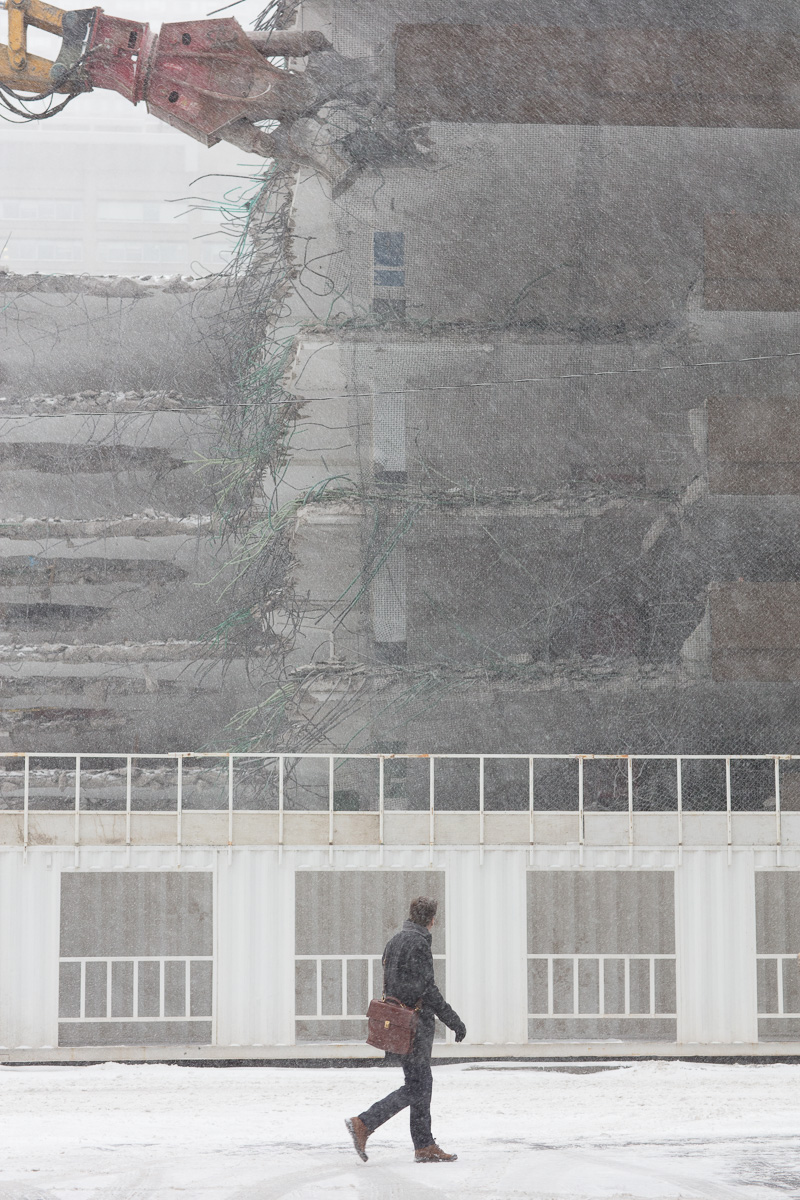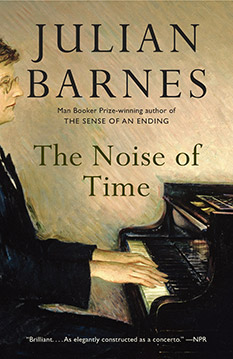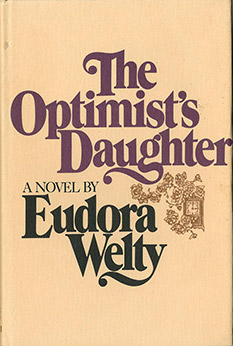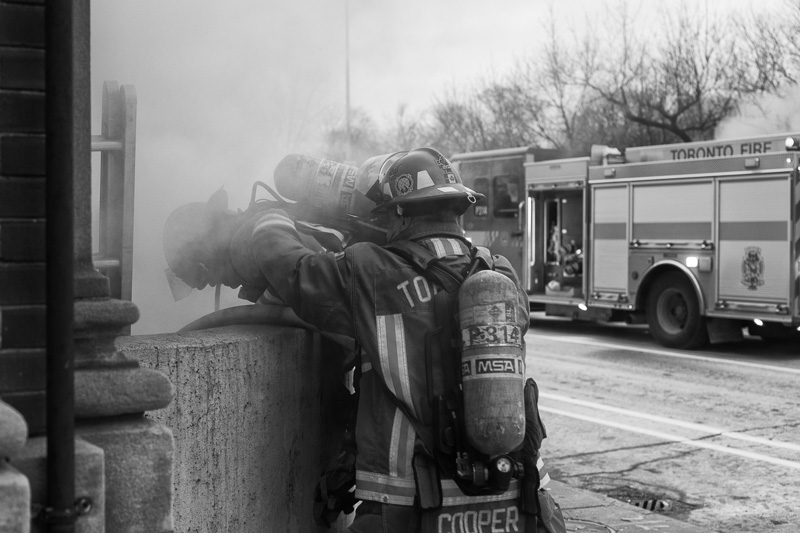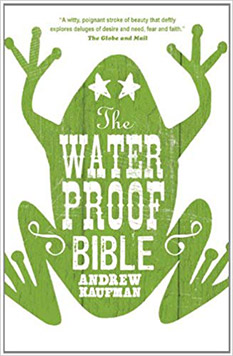This time, what renders the novel dystopian is that it “imagines” America—or at least the heart of Detroit—as a post-industrial wasteland. I put the word “imagines” in quotation marks because, at this point in time, Matt Bell could write reportage instead of fiction and end up with the same book.
Category: Head
The category, Head, is for posts that make us think.
The War of the Worlds – Alien Invasion in the Age of Covid-19
Although The War of the Worlds, by H. G. Wells, concerns an alien invasion by Martians, it is nevertheless relevant in the context of a pandemic. Microscopic pathogens figure in the plot.
Love in the Time of Covid-19
In the human imagination, a disease is never just a disease, a plague is never just a plague. Humans cannot help but ascribe meanings that lie far beyond the medical descriptions of these events.
Story: The Protagonist
The protagonist goes by the name Louise. I don’t know much about Louise that isn’t obvious: she is a black woman in her mid-thirties. She may be a lesbian.
White Noise, by Don DeLillo
When power seeks to exploit disaster, we look to the arts for our prophetic voices, those who will ground authority by exposing folly and drawing us back to the centre. In White Noise, DeLillo does this through satire.
The Plague, by Albert Camus
To amuse myself during this period of Covid-19 isolation, I have started to work through a reading list of plague-based writings starting with Albert Camus’ 1947 novel, The Plague (La Peste).
After Babel, the photograph?
The following commentary considers After Babel: Aspects of Language and Translation, by George Steiner and asks whether it has anything to say about non-verbal forms of communication, most notably photography.
Remember when Covid-19 came to town?
How much should I allow the broader sweep of world events to impinge upon my narrower concerns? Like most questions I pose to myself, the answer that returns to me is: it depends.
A Backward Glance
Far from the dispassionate observing eye, I am part of the scene I photograph and equally the subject of other people’s observations. Sometimes, my presence provokes their curiosity, at other times, their hostility.
Five Days Gone, by Laura Cumming
Five Days Gone: The Mystery of My Mother’s Disappearance as a Child, by Laura Cumming When Elizabeth Cumming was 60 years old, she discovered that, as a young child, she had been kidnapped. In 1929, when she was only three years old, someone had lured her from the beach at Chapel St. Leonards, the Lincolnshire…
The Photographer as Remembrancer
I take my grandmother’s story as a parable of photographic practice. It prompts me to ask of the photographer: does memory really ever fade? Or is that just the excuse we give as we engage in erasure by selection?
The Noise of Time, by Julian Barnes
In this fictional account of a historical figure, Julian Barnes imagines how Shostakovich survived in Stalinist Russia. Barnes makes much of irony as a survival strategy, an ontological stance, a means of shielding one’s self from the solar glare of true belief.
Blindness in Eudora Welty’s The Optimist’s Daughter
I am determined to read all the novels and short stories of Eudora Welty, starting with The Optimist’s Daughter, for the simple reason that she is that rare bird: a novelist who is also a photographer.
Sherbourne Street Bridge Fire
On Tuesday January 7th, the City of Toronto conducted a sweep of homeless people from the Rosedale Valley ravine. Mayor Tory cited “health and safety” as an important reason for the sweep. News sources also cited “risks such as fire when open flames are used.”
The Waterproof Bible, by Andrew Kaufman
I bought a copy of The Waterproof Bible this summer in a Haliburton book store called Master’s Book Store. Naive person that I am, it never crossed my mind that the Master refers to Jesus and the book store is a Christian book store.
